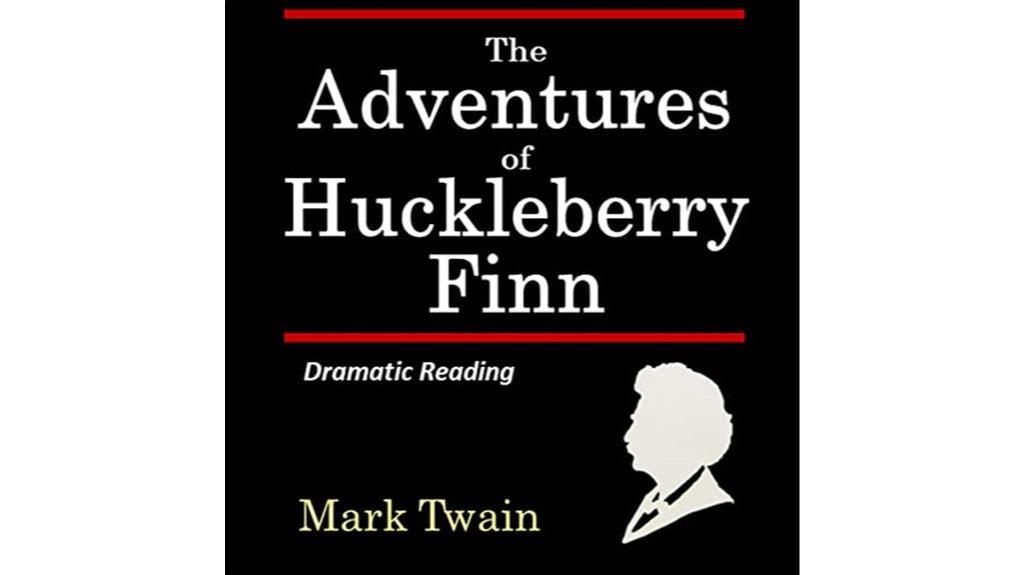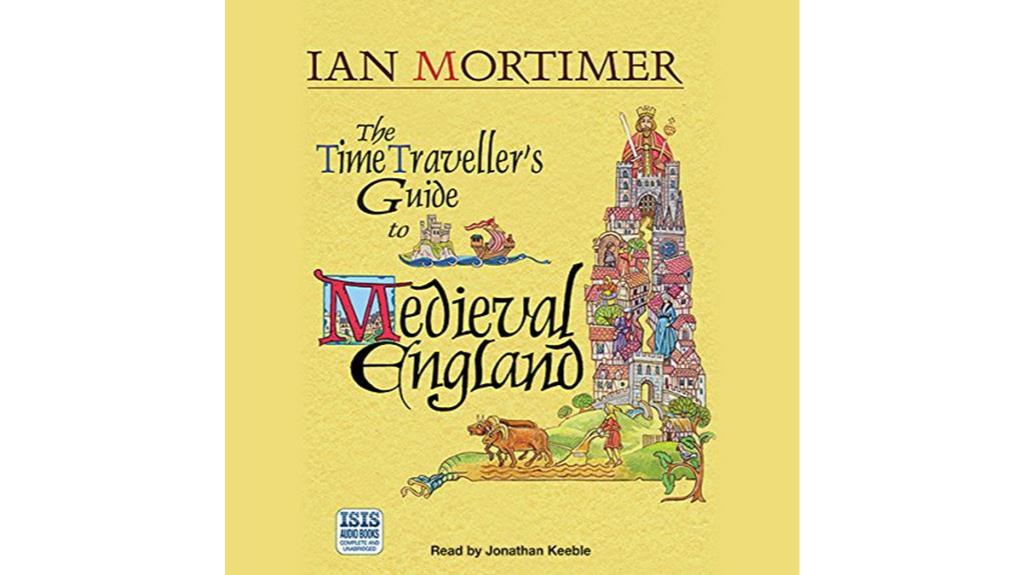The Adventures of Huckleberry Finn Review
'The Adventures of Huckleberry Finn' by Mark Twain has long been regarded as a significant piece of American literature, appreciated for its exploration of complex themes and societal critiques. This novel takes readers on a journey through the antebellum South, presenting a narrative that intertwines humor and poignancy in a thought-provoking manner. As we delve into the world of Huck and Jim, Twain masterfully navigates the waters of friendship, morality, and the intricacies of societal norms, leaving us pondering the deeper implications of freedom and justice within the confines of a racially divided society.
Plot
The plot of 'The Adventures of Huckleberry Finn' follows the journey of a young boy named Huck Finn as he escapes his abusive father and embarks on a series of adventures along the Mississippi River with a runaway slave named Jim. This narrative structure not only serves as a vessel for thrilling escapades but also delves into the complexities of friendship, morality, and societal norms.
Through Huck's eyes, we witness the harsh realities of racism and prejudice, challenging the status quo of the time. Twain masterfully weaves together moments of humor and heartbreak, creating a captivating story that forces readers to confront uncomfortable truths about the society in which they live.
As the characters navigate the unpredictable waters of the Mississippi, they also navigate the murky waters of human nature, leaving readers pondering the true meaning of freedom and justice.
Narration
Mark Twain employs a first-person narrative voice in 'The Adventures of Huckleberry Finn', allowing readers to intimately experience the events through Huck's perspective. This narrative choice immerses readers into Huck's world, providing a raw and unfiltered view of the society and its flaws.
Through Huck's eyes, Twain sheds light on the complexities of human nature, morality, and societal norms, prompting readers to question their own beliefs and prejudices. The use of first-person narration not only creates a sense of immediacy but also enables readers to witness Huck's growth and moral development throughout the novel.
Twain's decision to narrate the story through Huck's voice adds layers of authenticity and depth to the narrative, inviting readers to reflect on the timeless themes explored in the novel.
Summary
In his novel 'The Adventures of Huckleberry Finn', Twain intricately weaves a captivating tale that explores themes of race, society, and moral growth through the eyes of the protagonist, Huck.
The story follows Huck, a young boy fleeing his abusive father and navigating the complexities of a racially divided society along the Mississippi River. Along his journey, Huck encounters a runaway slave named Jim, and together they embark on a series of adventures that challenge societal norms and moral conventions.
As they navigate through various obstacles and moral dilemmas, Huck and Jim form a deep bond that transcends the boundaries of race and social status. Twain's narrative not only entertains but also provokes readers to reflect on the inherent prejudices and injustices ingrained in society.
Conclusion
In conclusion, 'The Adventures of Huckleberry Finn' by Mark Twain is a thought-provoking exploration of friendship, morality, and societal norms.
Through Huck's journey down the Mississippi River with Jim, Twain challenges readers to reflect on the complexities of human nature and the injustices present in society.
The novel's first-person narrative voice immerses readers in Huck's world, prompting critical examination of societal truths and the pursuit of justice and freedom.







